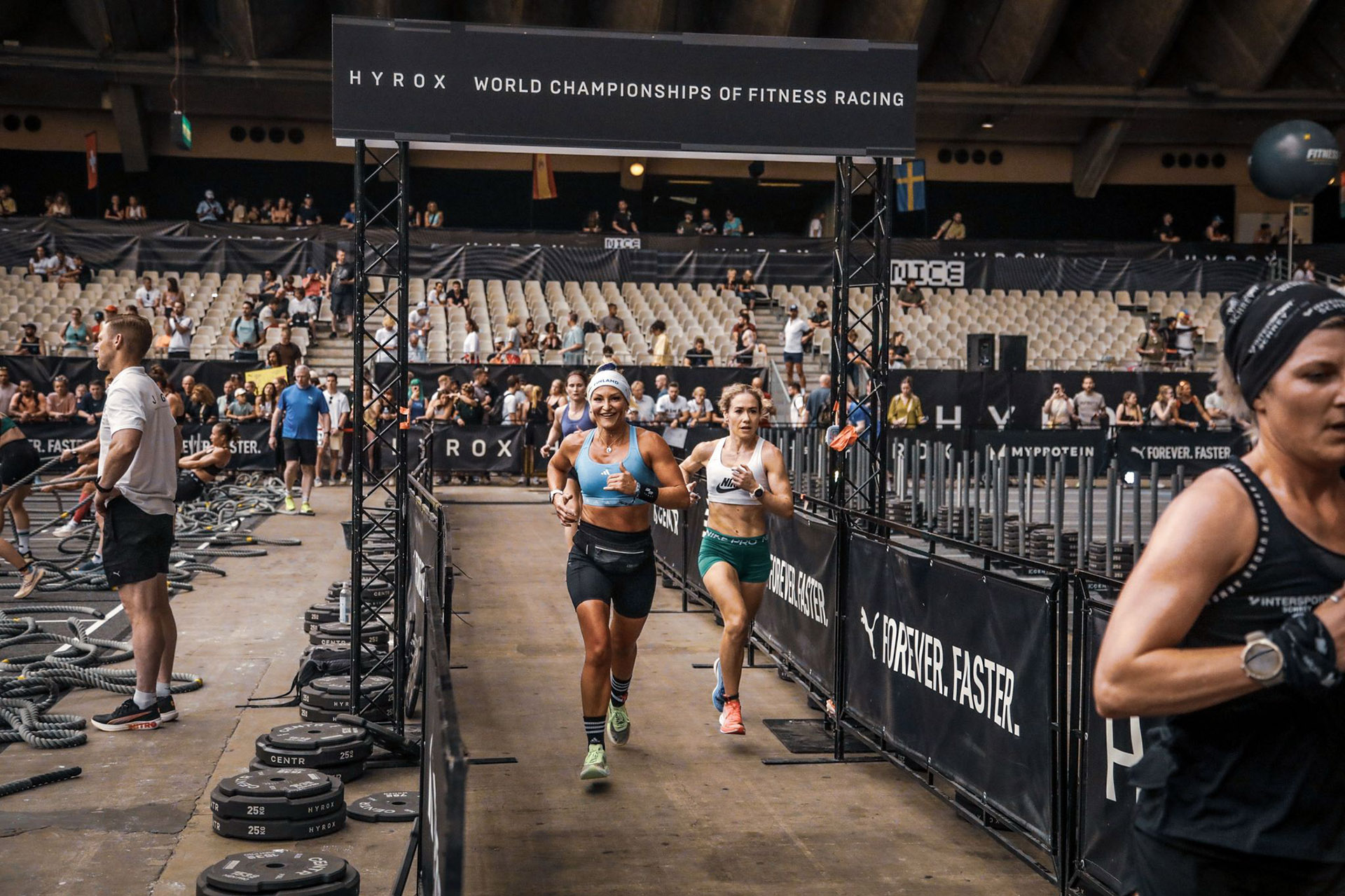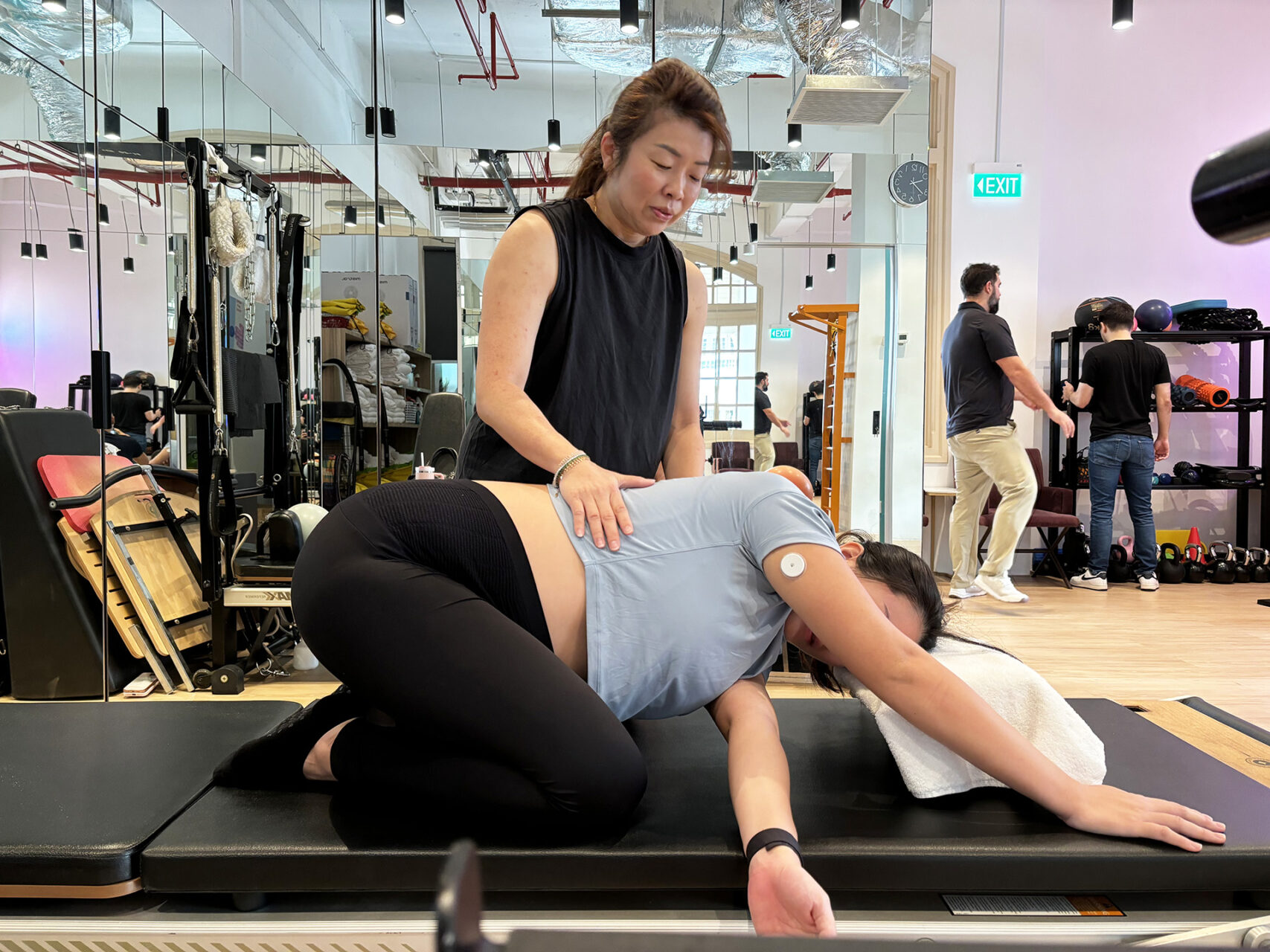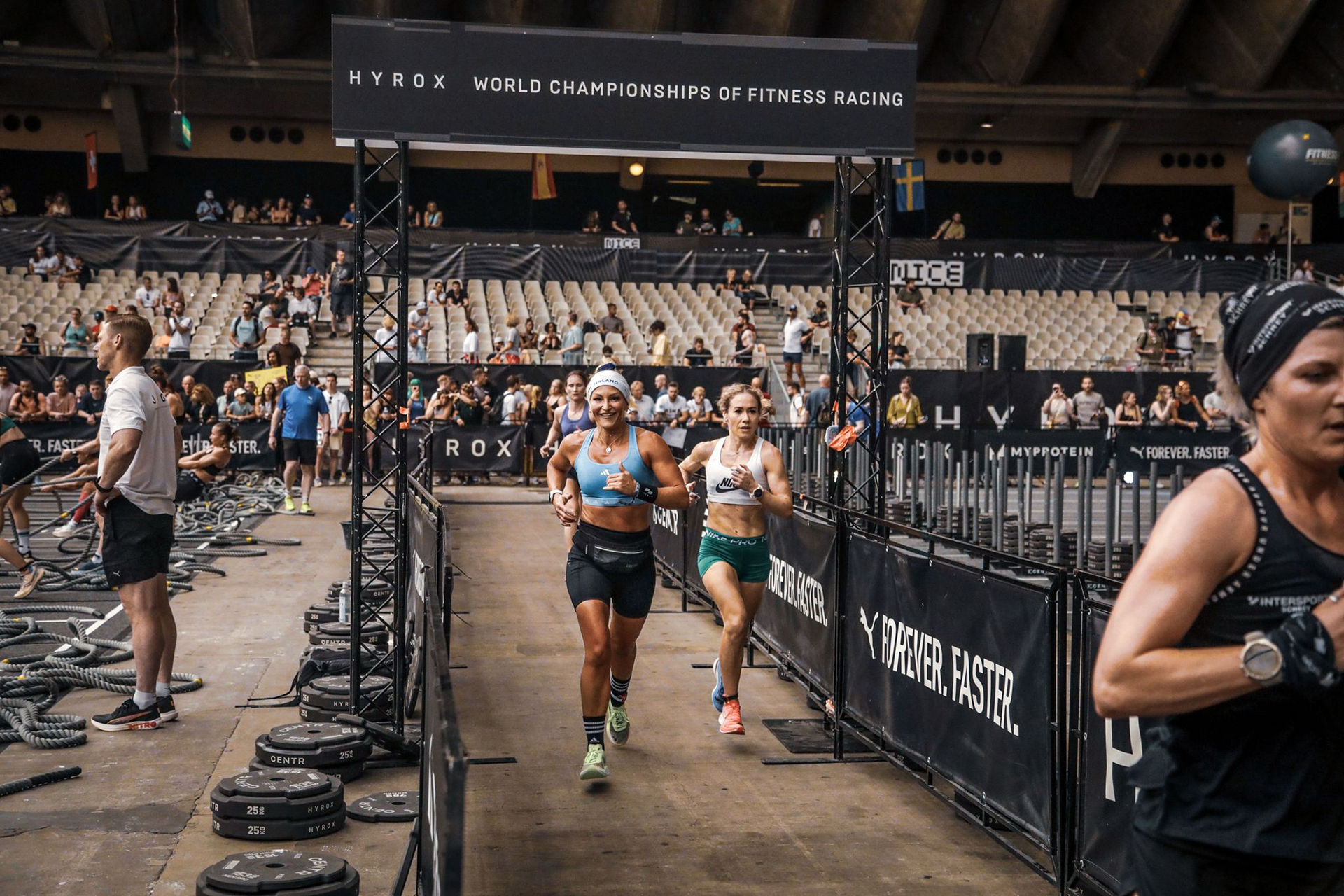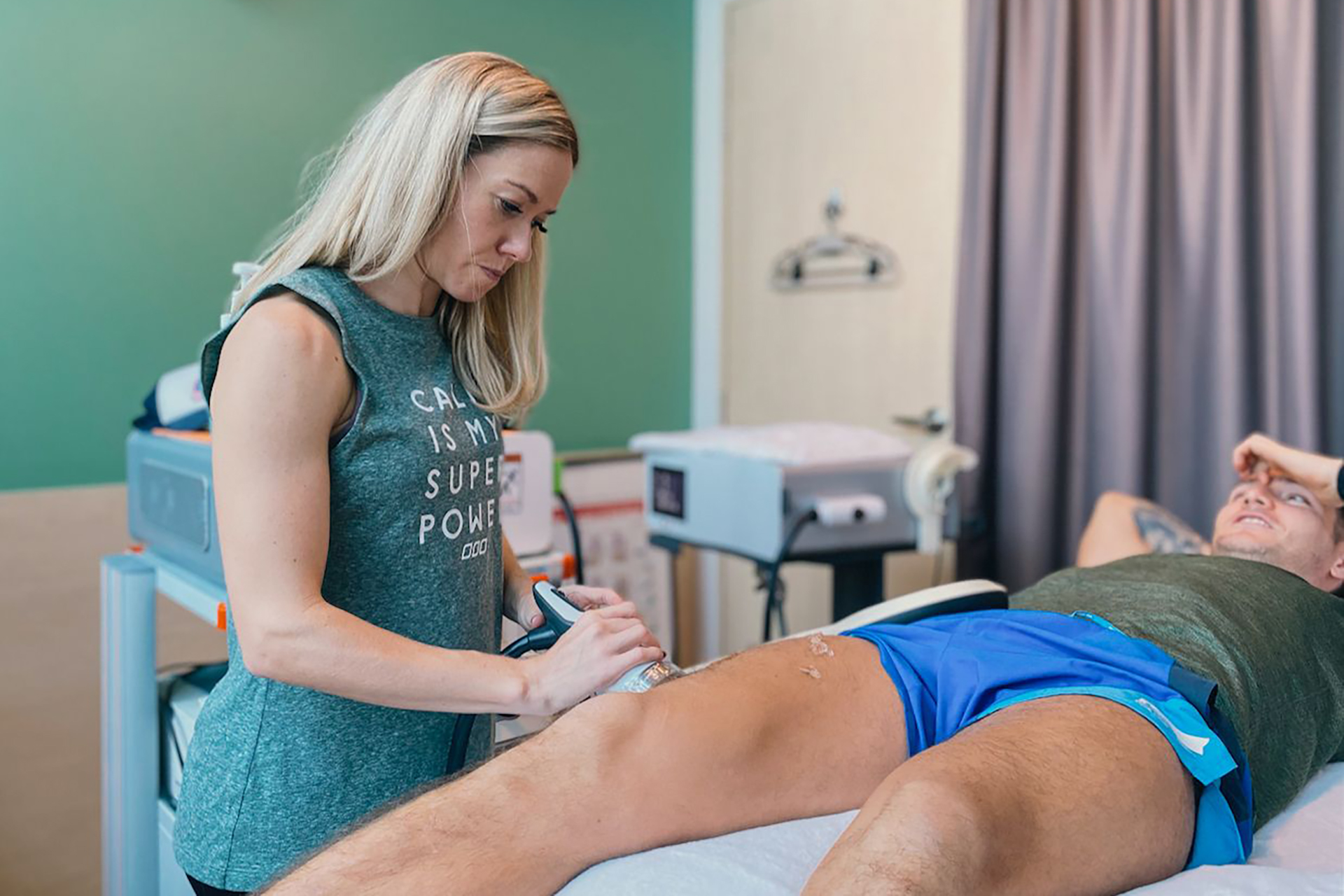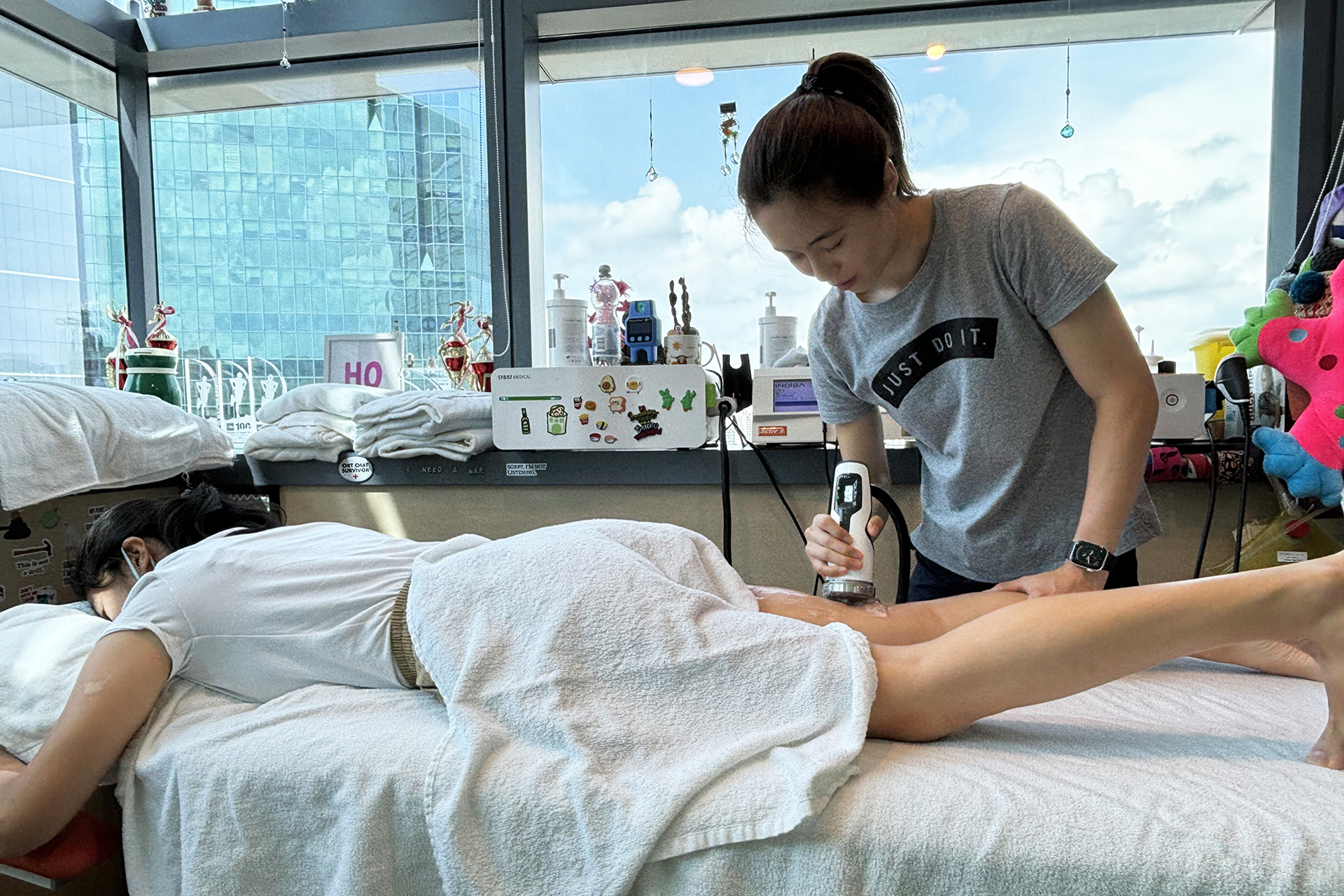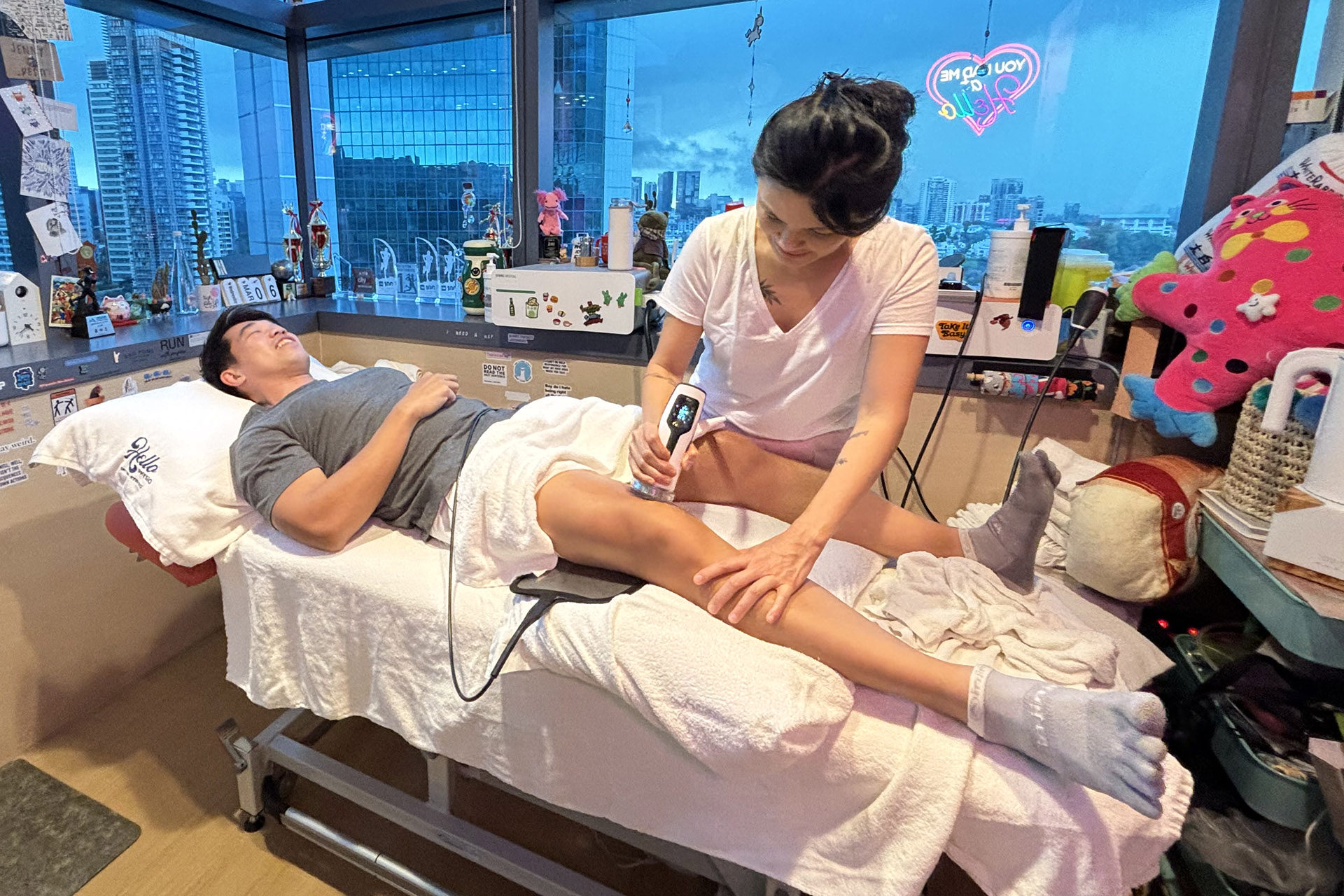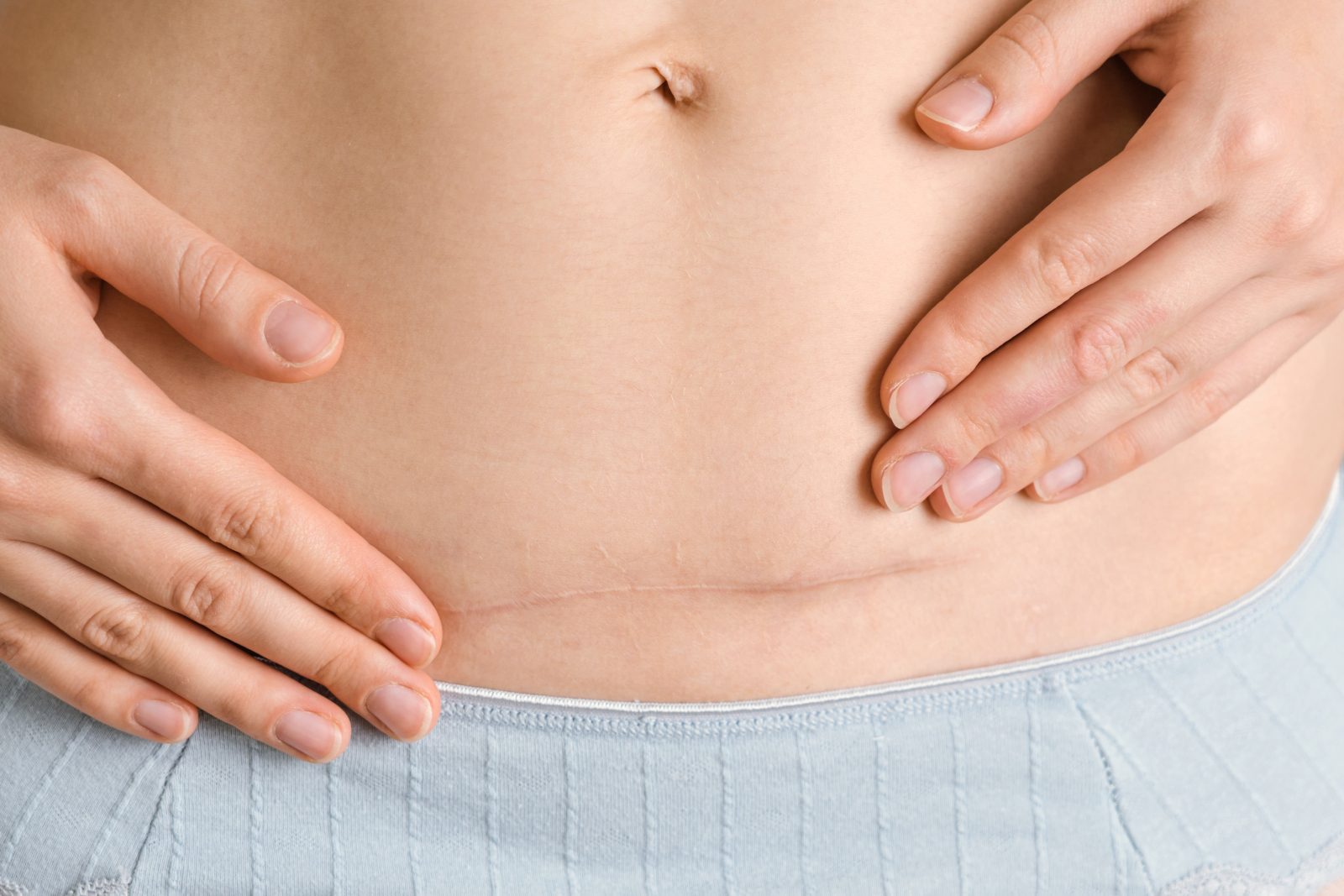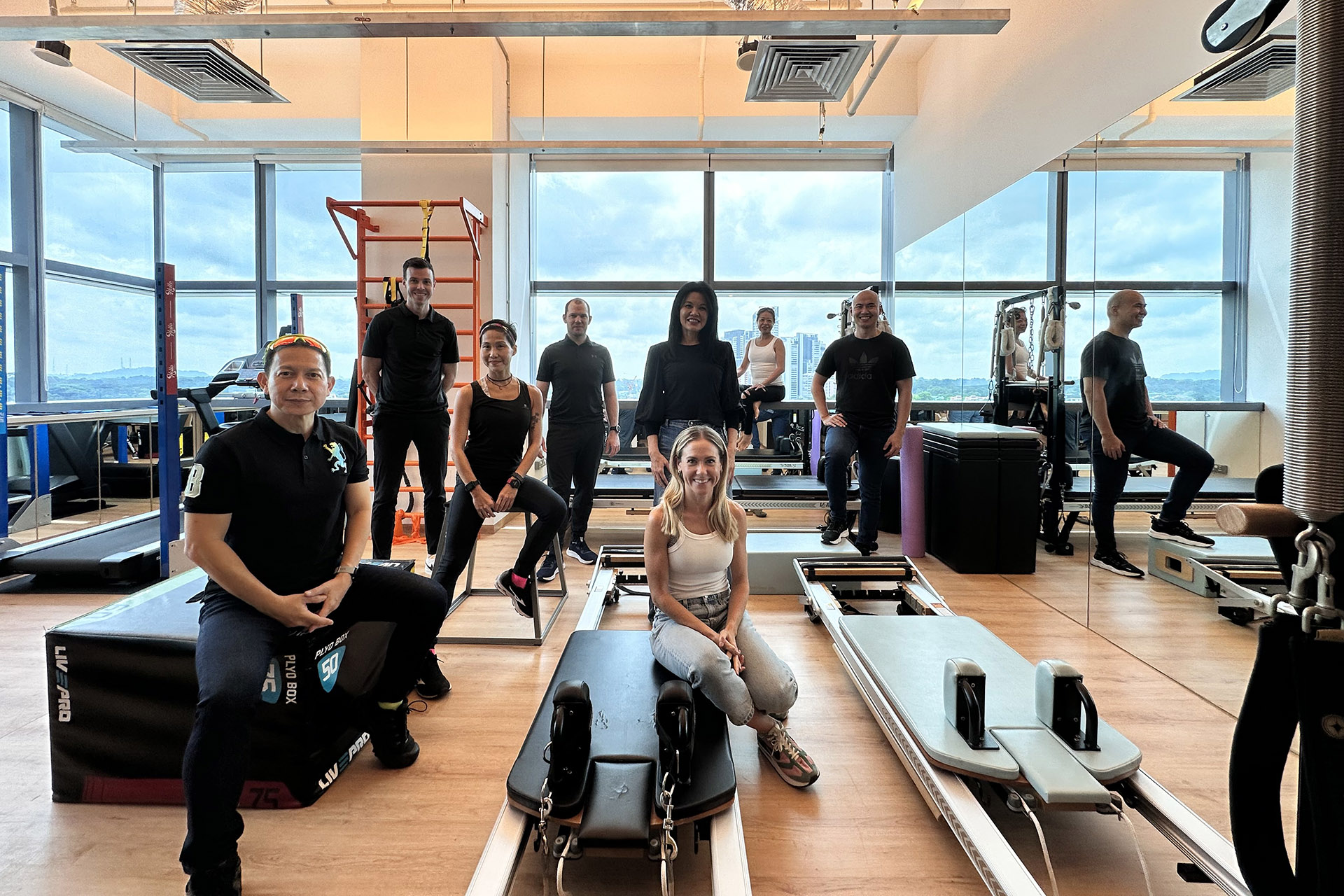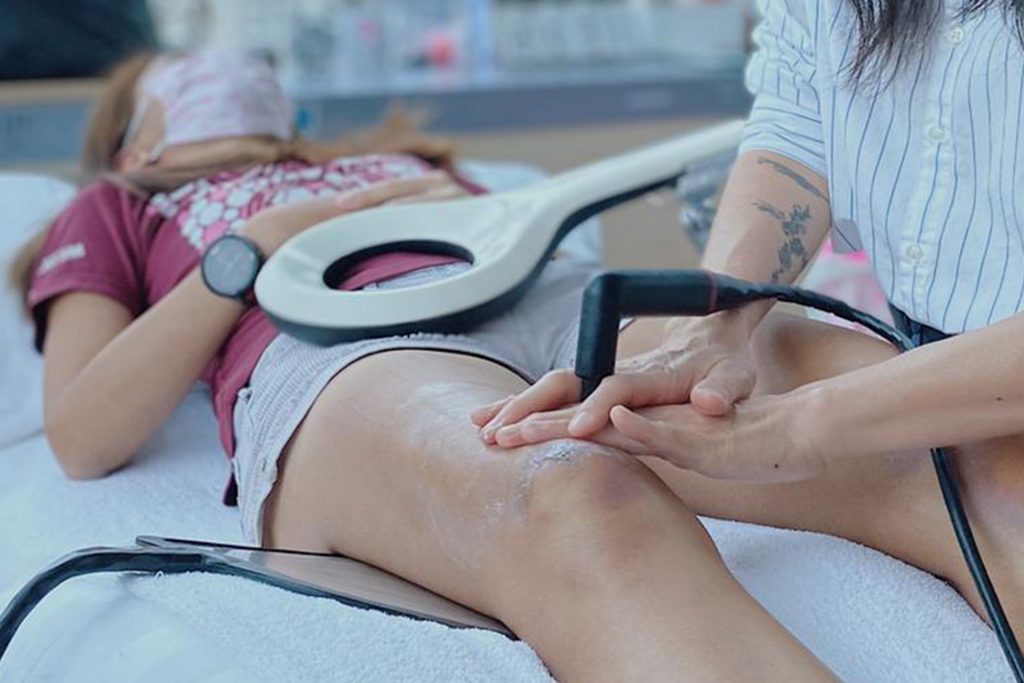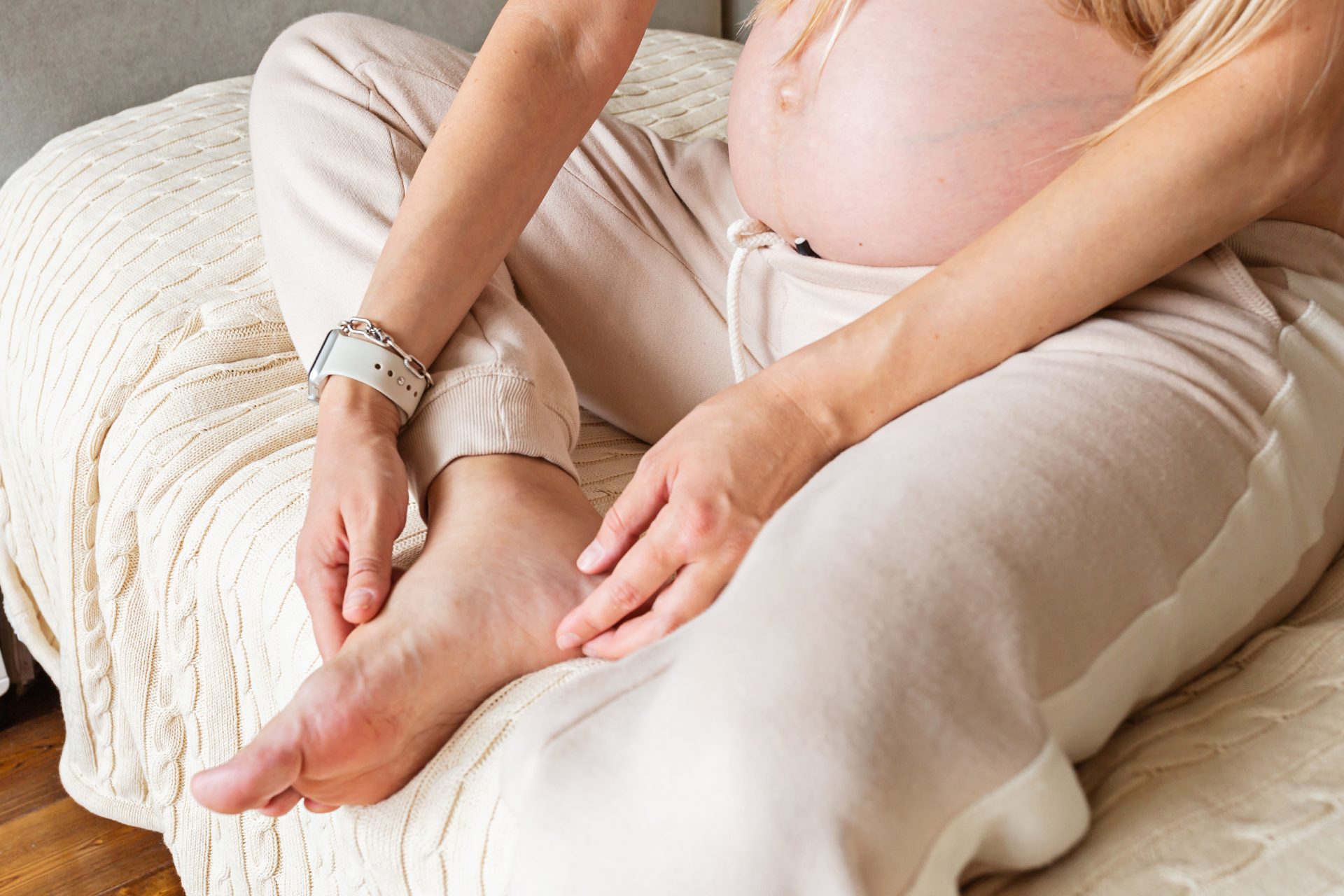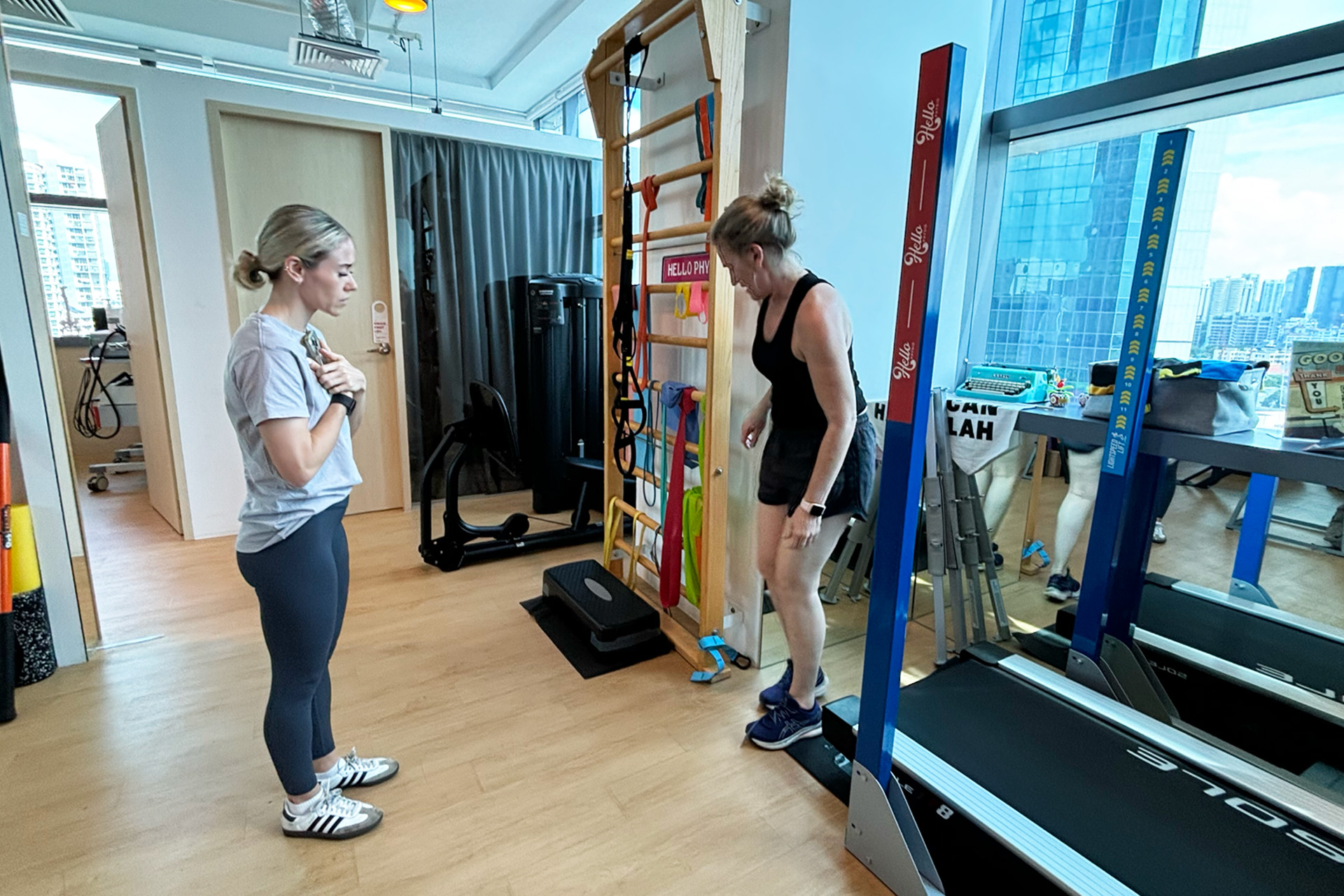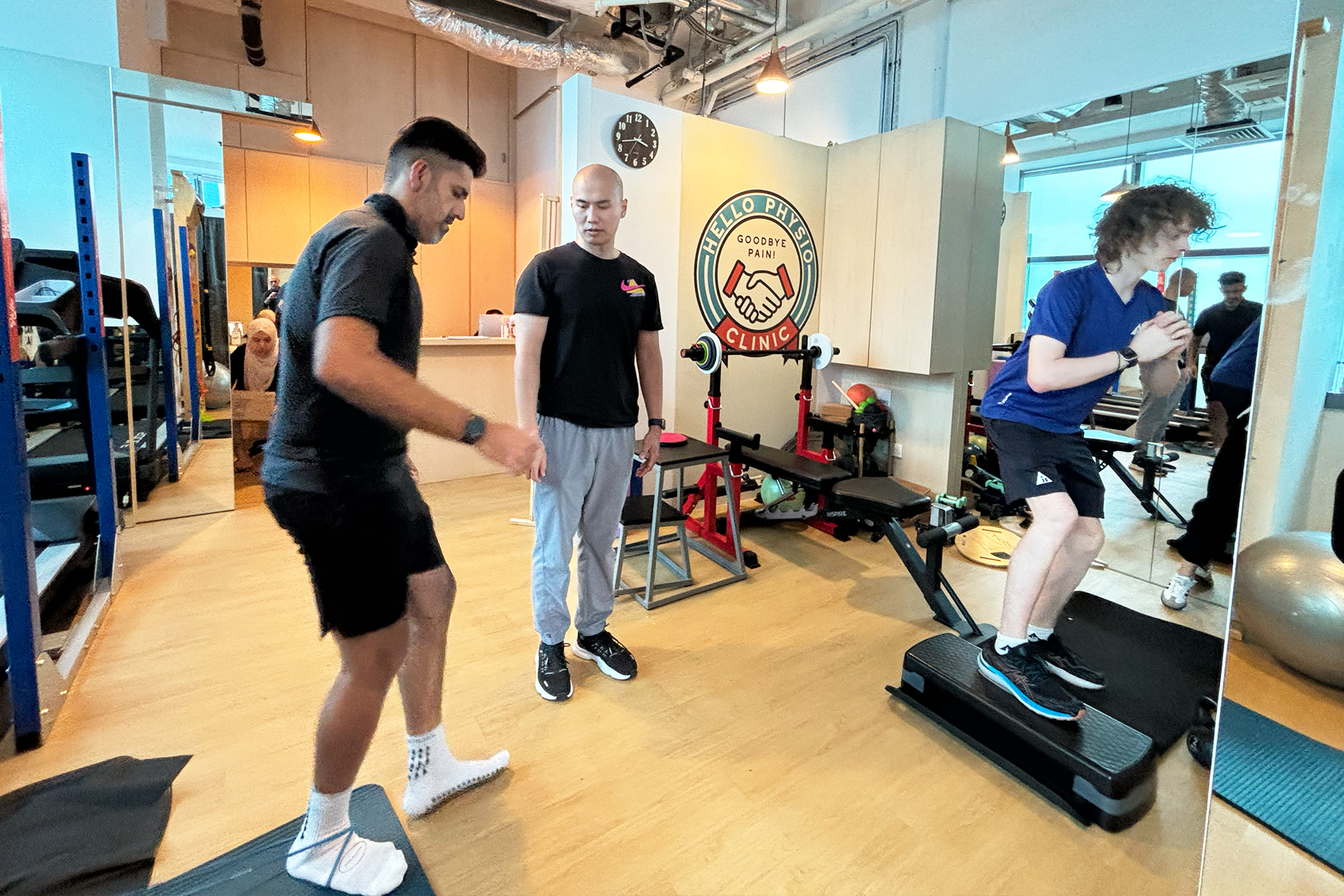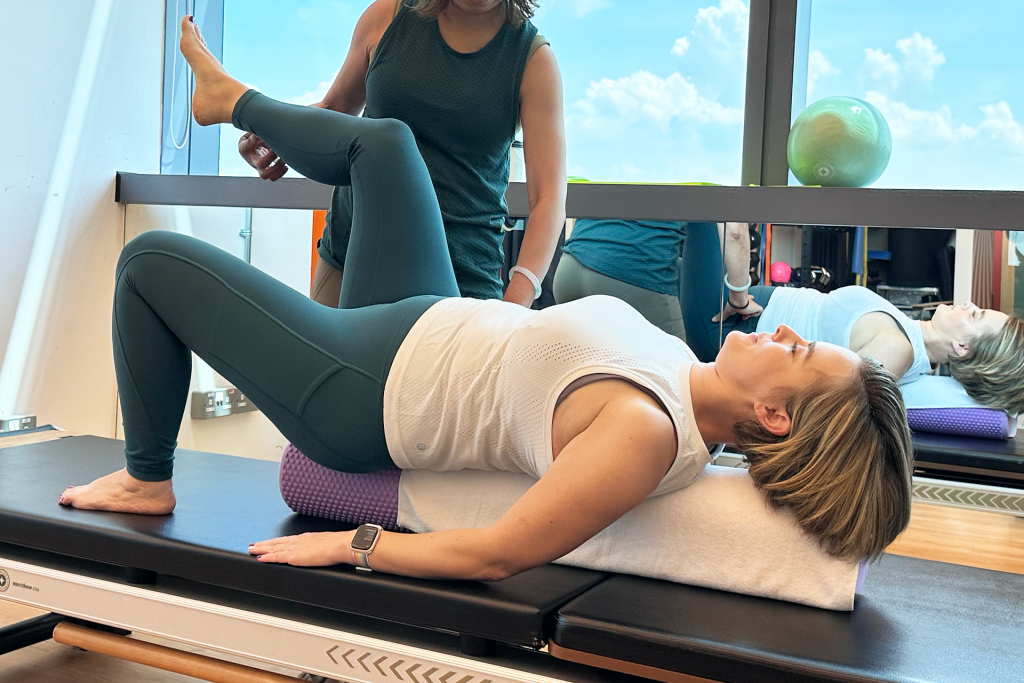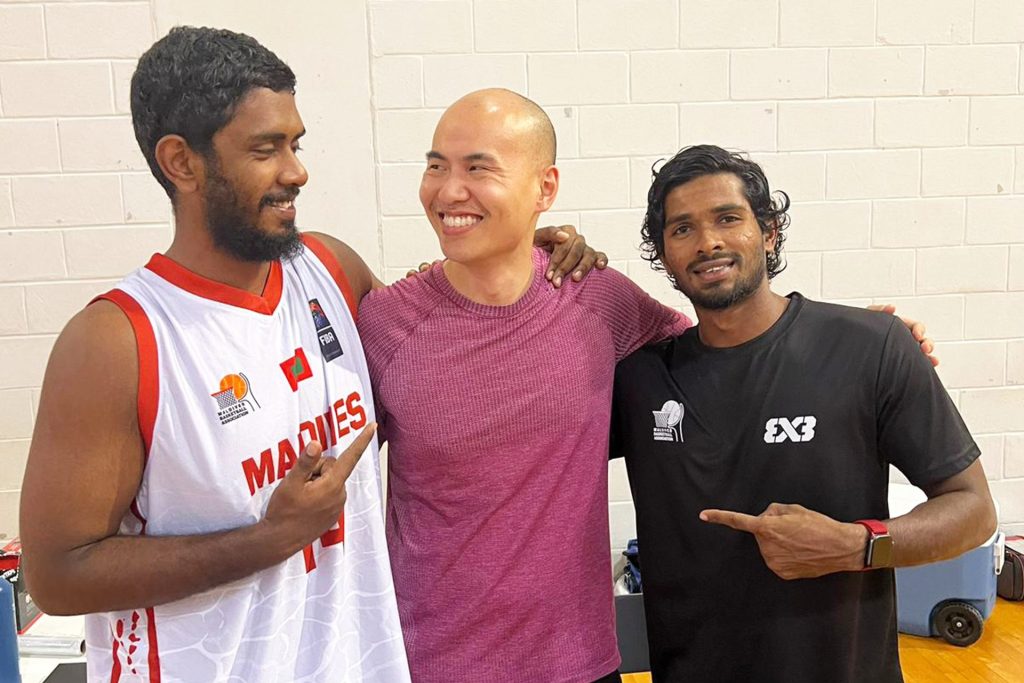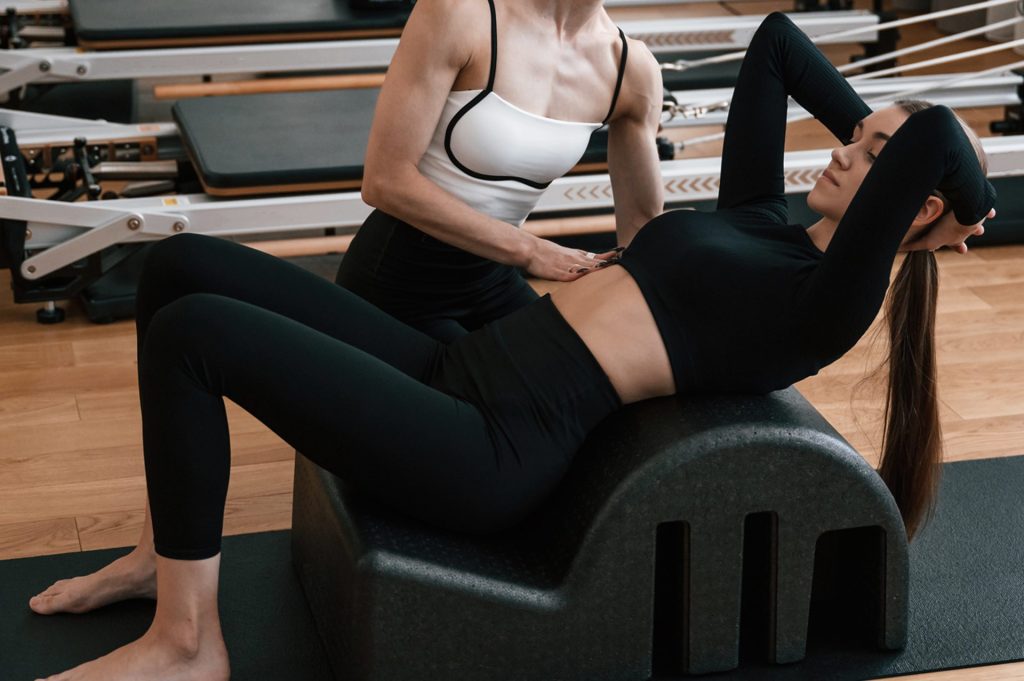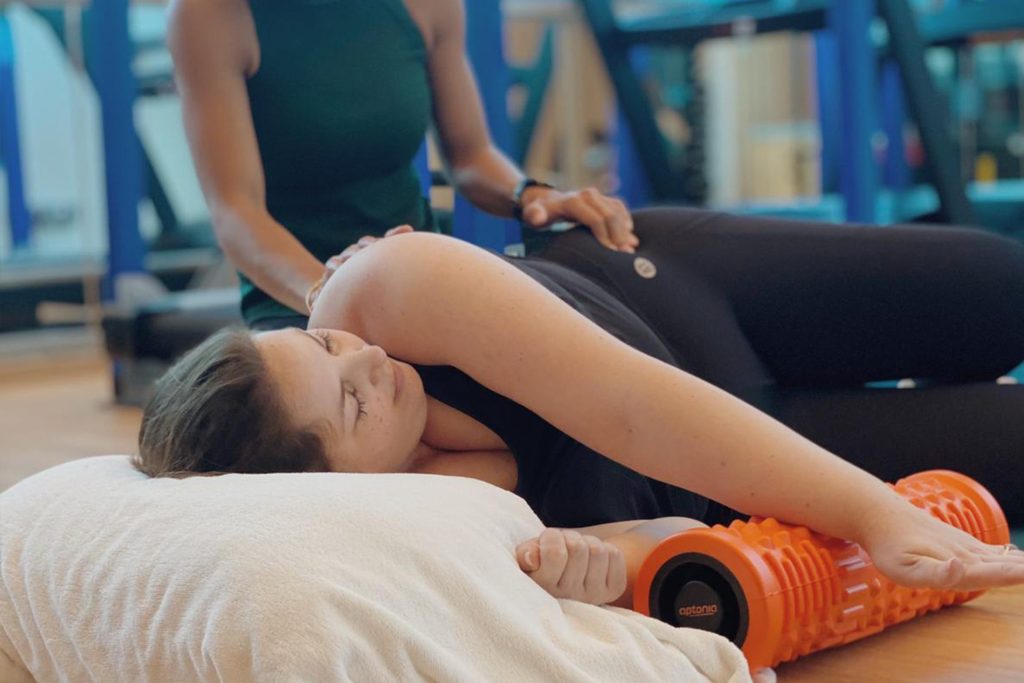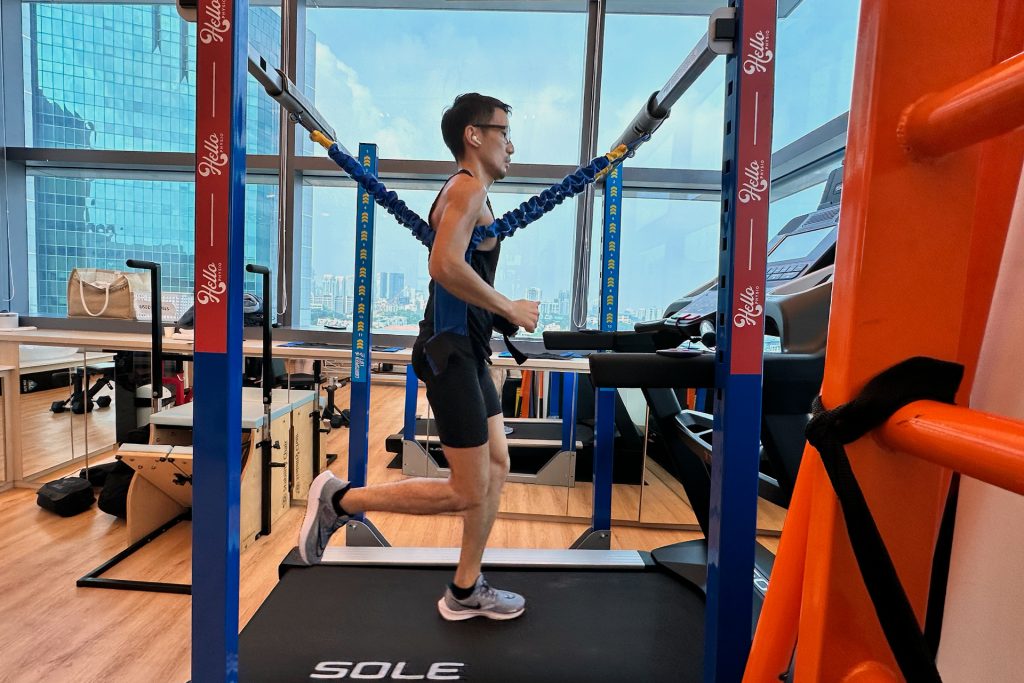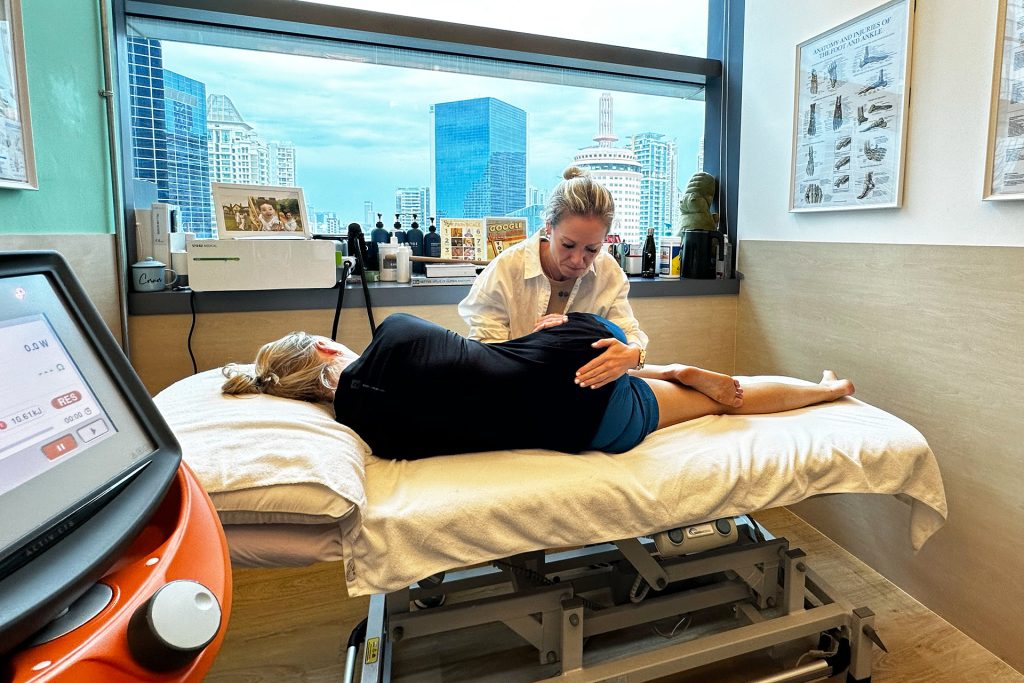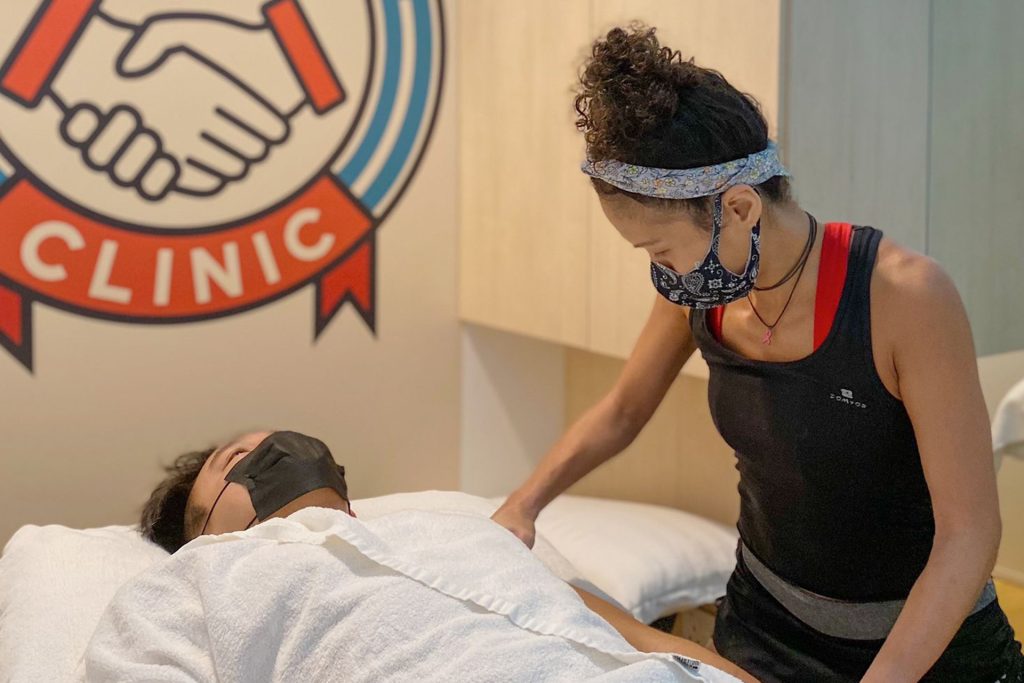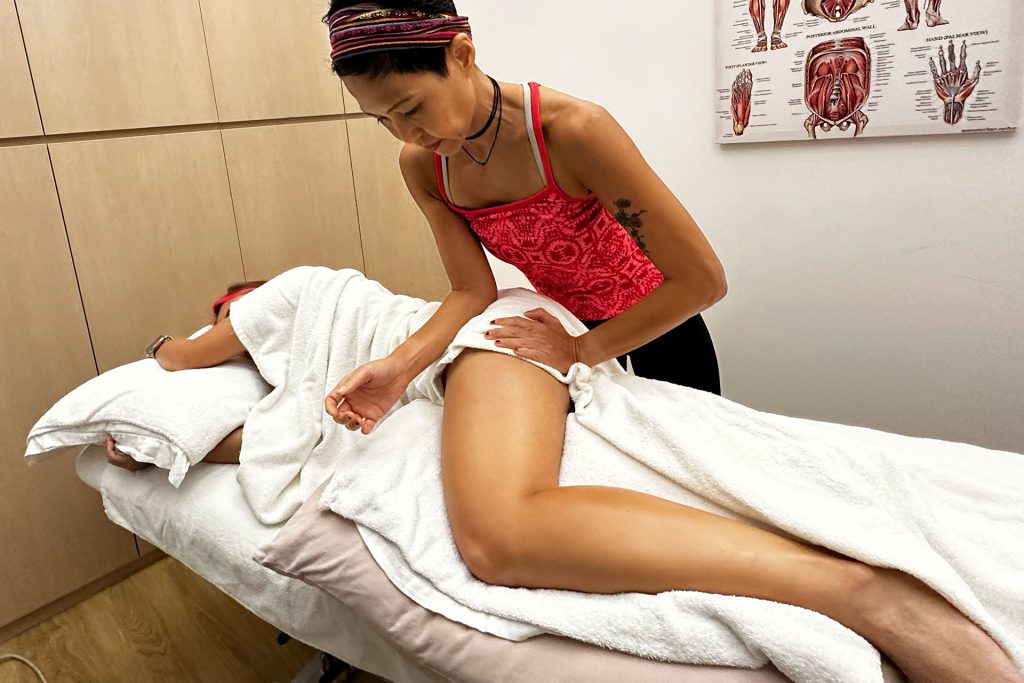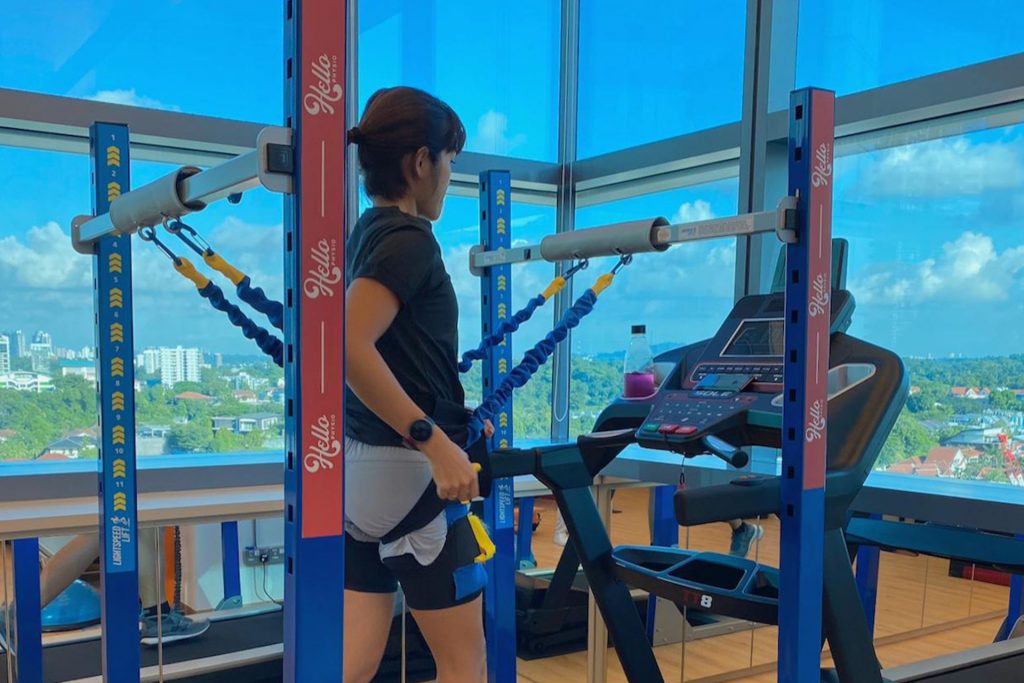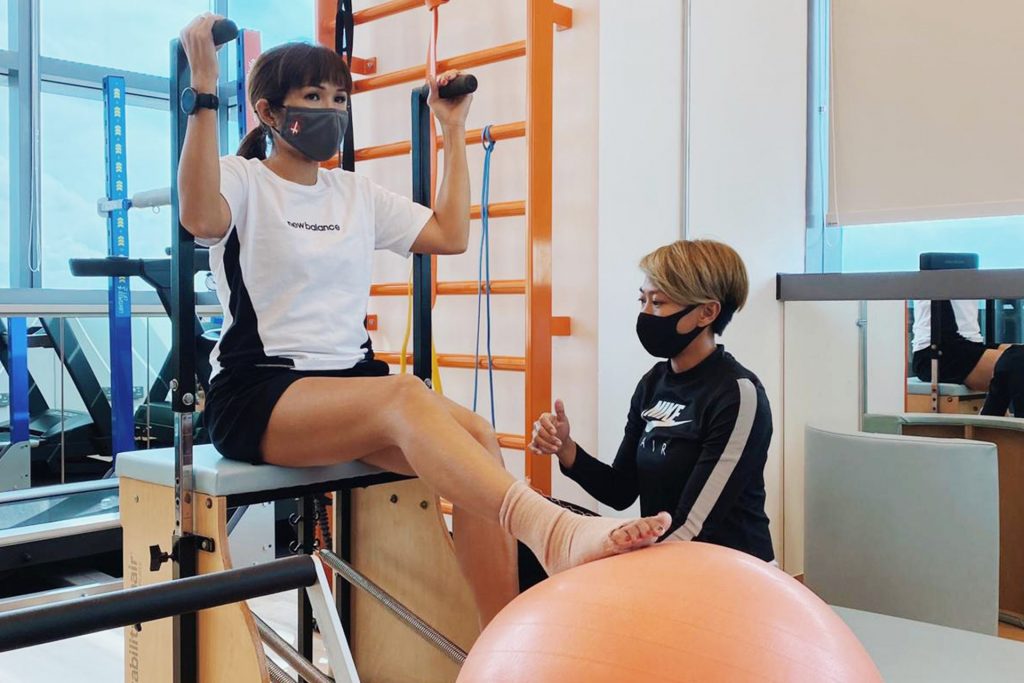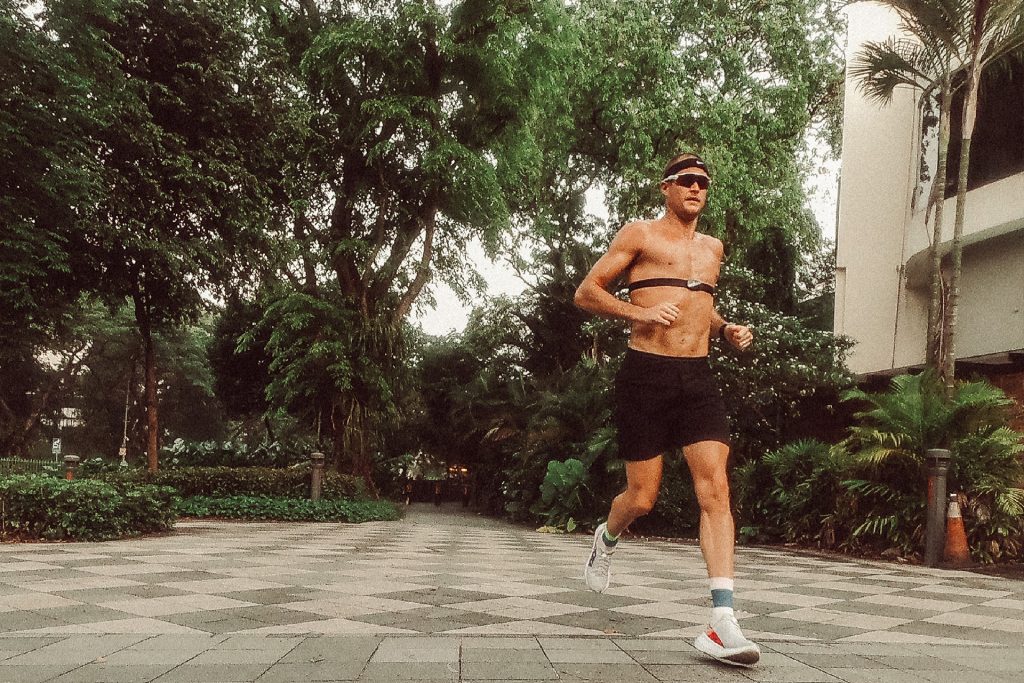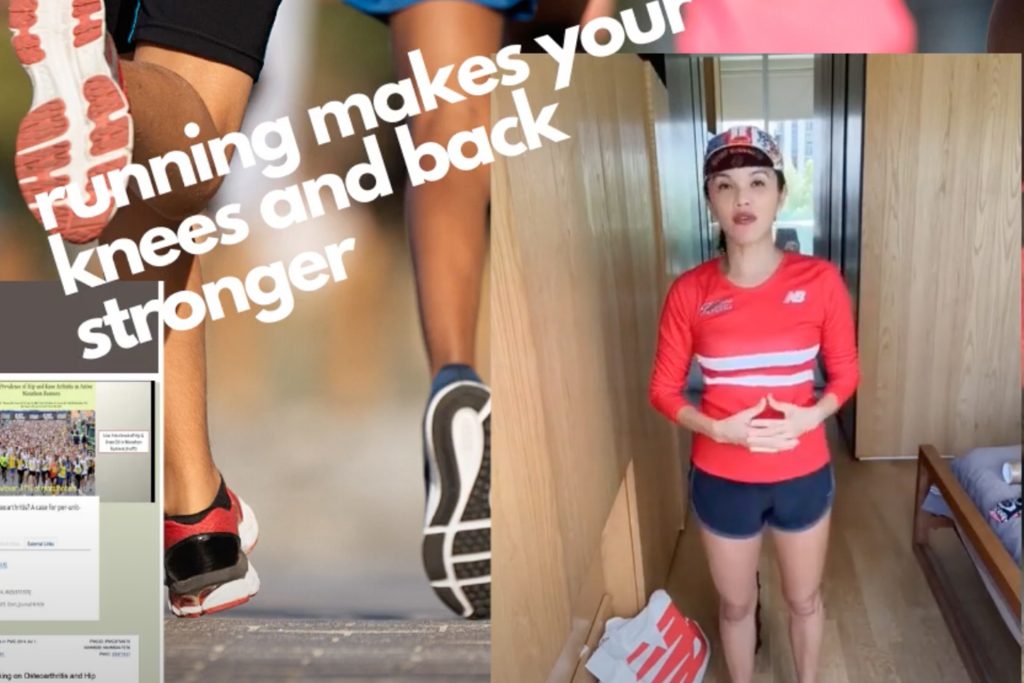Many athletes exercise regularly, yet neglect their pelvic health and core development. Recent years have seen a dramatic shift in the support and services available for women’s healthcare, with a greater focus on pelvic floor muscles as people recognize its importance in women’s health, both pre- and post-pregnancy. Evidence-based physical therapy for the pelvic floor can aid tissue repair, balance the control muscles, and also help pelvic floor dysfunction in athletes during and after pregnancy exercise safely.
Pregnancy and childbirth can be a miraculous journey of transformation for a woman’s body, but musculoskeletal shifts, such as increased laxity of the pelvic ligaments and a significant load on your pelvic floor and abdominal muscles, can affect how you train and stay active. It’s important to stay safe when trying to exercise, and ensure that your body is prepared for both childbirth, and the journey to recovery after.
Prehabilitation: Preparing Your Body Ready for Childbirth
Prehabilitation, or prehab for short, is a term familiar to many who have undergone surgery or know someone who has. Prehab is designed to prepare the body for the physical demands of surgery and recovery, aiming to improve outcomes by increasing strength and stability, reducing the risk of injury, and speeding up the recovery process. It is an important, yet often overlooked, strategy in the surgical process to ensure a safe and successful procedure.
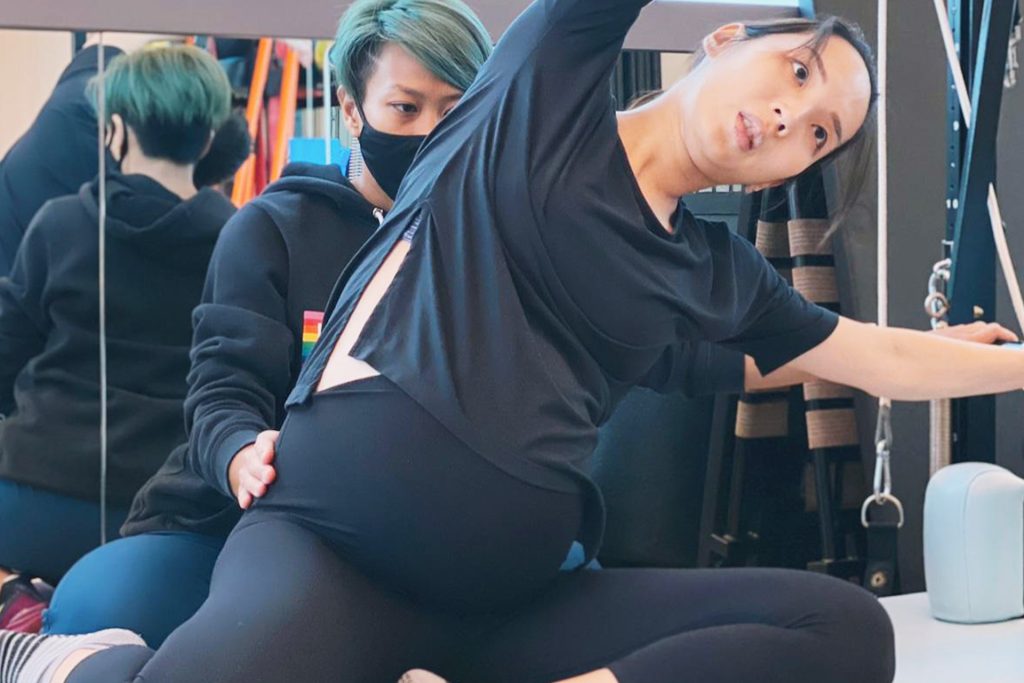
So, why isn’t prehab during pregnancy more often recommended to every woman, as cesarean sections and vaginal births can take massive tolls on the body?
Prehab can help you avoid pain and strain during pregnancy, reduce the risk of common pregnancy-related issues such as diastasis recti and pelvic floor dysfunction in Singapore, and give you the tools to create a healthier, happier postpartum experience. With prehab, you can be sure that you’ll be physically, mentally, and emotionally prepared for the experience ahead.
Importance of Strengthening Pelvic Floor Muscles
Pregnancy does not mean that the pelvic floor muscles automatically become loose, stretched out, or weak. In fact, many women experience the opposite, with those muscles tensing up instead of loosening. Unfortunately, tight pelvic floor muscles can also lead to incontinence and may increase the risk of vaginal tearing during childbirth. But can exercise make pelvic floor worse?
An overly tight pelvic floor is referred to as hypertonic; the opposite as hypotonic. It is essential to determine whether your pelvic floor is hypertonic or hypotonic early in pregnancy to make smart exercise decisions. Your exercises will vary depending on your pelvic floor.
Do not be fooled into thinking that your pelvic floor is functioning optimally if you do not experience incontinence when you sneeze. If your pelvic floor is tight and hypertonic, you may need to start doing core breathing exercises, stretches, and practicing internal manual release, to relax your muscles. From there, pelvic floor strengthening exercises can be added to your routine.
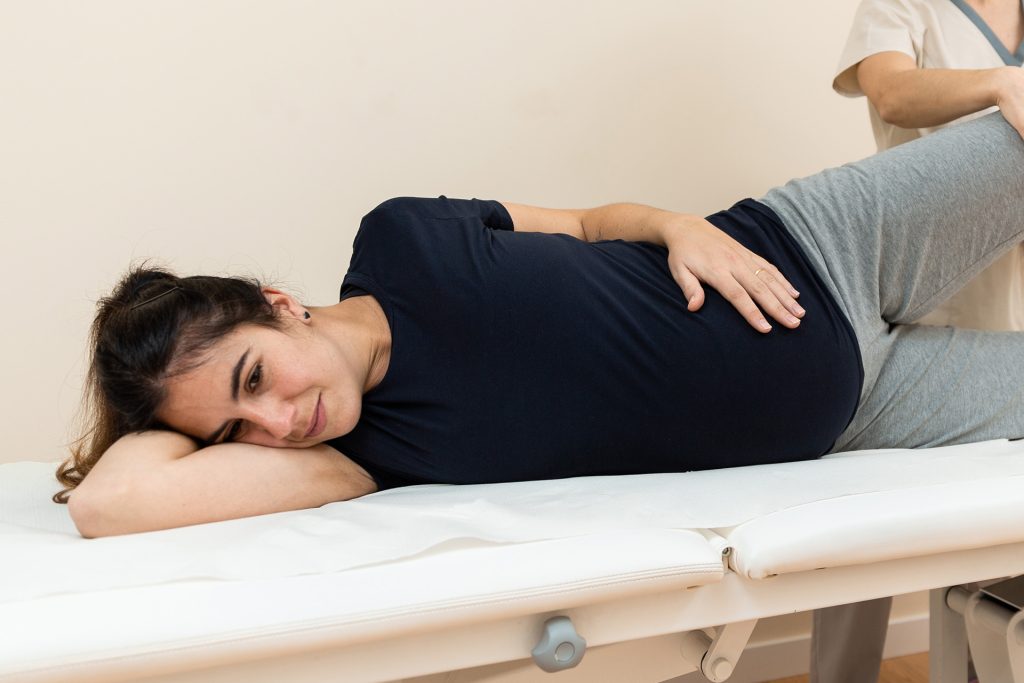
For those with a loose and hypotonic pelvic floor, the core breath should be practiced right away, with additional exercises added as strength increases. The core breath is similar to a kegel exercise and involves taking a deep diaphragmatic breath. By improving their pelvic floor function, women can achieve better core activation, which can minimize diastasis and make postpartum recovery simpler.
Practicing your core breath exercises will also be important for the days immediately following giving birth. If you start doing core breath exercises within 24 hours of giving birth, whether it be a vaginal or cesarean section delivery, you can aid in your own recovery. This gentle restoration of your core, combined with a light abdominal wrap, can help you recover quickly and efficiently – a great bonus of practicing core breath during pregnancy!
Pelvic floor health is not only important for women experiencing pregnancy, but also female athletes. It’s often misdiagnosed because of its range of symptoms, and can particularly affect runners, soccer and basketball players. Strengthening those muscles can be critical to keeping you in the game, so consider physiotherapy for your pelvic floor health even if you are not pregnant.
Return to Sports Physiotherapy Following Childbirth
If you want to return to sports following childbirth, it’s important to work with a physiotherapist who can help you with postnatal recovery. Post-birth sports physiotherapy is specially designed to help women regain their strength and fitness safely, minimizing the risk of injury. Pelvic health physiotherapy typically involves a comprehensive assessment, followed by an individualized exercise program that focuses on strengthening and improving mobility, flexibility, coordination, and balance.

Women can benefit from return to sports physiotherapy following childbirth as it will aid their recovery and help work towards specific fitness goals. It is important to know the proper form and the appropriate exercises for your health. We have seen many women come into our clinic with diastasis, incontinence issues, pelvic organ prolapse, and lower back pain, pursuing exercise without proper guidance.
- Sit-ups are a no-no, and crunch-type movements increase pressure in your abdomen, which puts pressure on your organs, pelvic floor, and lower back. Even the simple movement of getting in and out of bed can add pressure to your pelvic floor, so it is important to be careful.
- Planks, and other exercises that rely on your hands and knees, are appropriate IF you’re not pregnant, don’t have diastasis, and know how to engage your deep core properly. If you are pregnant and have diastasis, these positions can increase pressure in your abdomen, which can aggravate your diastasis, making your abs stretch apart too much.
We have been told too often that planks and crunches are necessary to ‘work our core’ but there are other ways. You can work your core breath with every rep of weights, squats, or even every step when stair climbing.
- Activities such as running or jumping cause your core to work overtime during pregnancy. The force from these movements will go through your pelvic floor during each heel strike or landing from a jump. High-impact exercise should generally be avoided due to the fact that the pregnancy hormone relaxin can cause ligaments and joints to become looser and more unstable.
- Kegels are NOT good for pregnant women as they will only create tension in a muscle that is already tense, leading to pain, a dysfunctional “turned off” tight pelvic floor, and an increased likelihood of tearing in delivery. All too often we read simple statements that kegels are beneficial during pregnancy, but the reality is that if you have tight muscles or a hypotonic pelvic floor, they can actually be detrimental
Just because you don’t notice incontinence or heaviness symptoms doesn’t mean that unwanted changes are not happening in your body. It is possible to have diastasis and prolapse without pain or pressure sensations. It is important that if you pursue high-intensity exercises, you choose exercises – e.g., spin class, stair climbing, pool running, swimming laps, weight circuits, or elliptical training – that are not high-impact.
Even then, it is important to speak with your primary healthcare provider to be sure these exercises are appropriate for you during pregnancy.
Women’s Health Physiotherapy
At HelloPhysio, we understand the importance of providing specialized women’s health physiotherapy and rehab to help women prepare for and recover from childbirth and to treat pelvic pain, incontinence, and “mummy tummy”. Our team of physiotherapists and rehab therapists is up to date on the latest research and clinical treatment modalities to provide women with the best possible care.
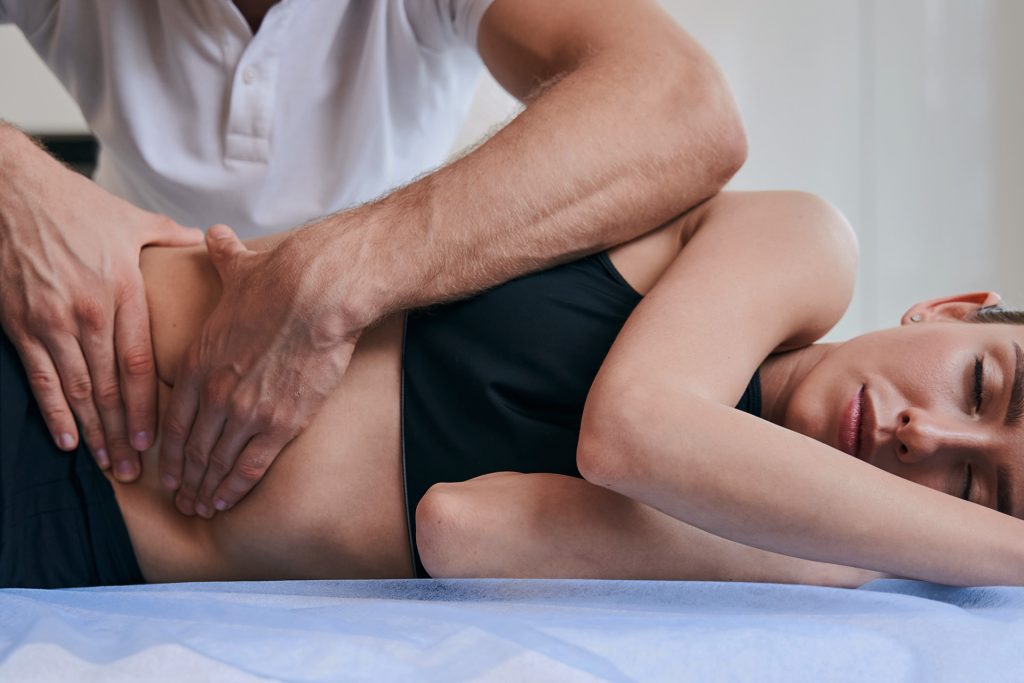
While an athlete may come to our clinic for a typical sports injury, we may ask questions about your urinary and bowel health that may uncover your pelvic floor dysfunction. A comprehensive rehab program trains an athlete post-partum to properly engage the pelvic muscles during endurance or activities in order to maintain pelvic health.
Services at our pain relief practice in Singapore range from helping with pregnancy-related musculoskeletal problems, such as back pain, rib pain, abdominal pain, hip pain, sciatica or carpal tunnel syndrome, to postnatal treatment for weak abdominal muscles, rectus divarication (separation of abdominal muscles), incontinence and pelvic pain. Our pelvic floor physiotherapy in Singapore also provides safe return-to-exercise Clinical Pilates and training programs.


